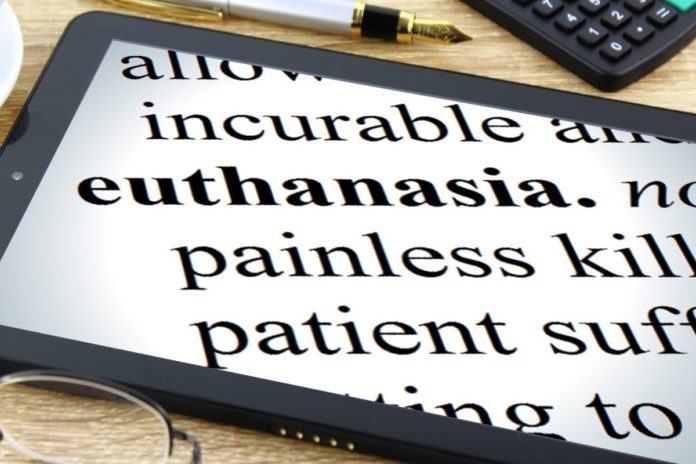A new draft bill for passive euthanasia requires hospitals to set up committees that will consider such applications even when a “living will” is available. Any distortion of facts before them may lead to a maximum of 10 years in jail and a fine of up to Rs 1 crore.
“Living wills”, are written documents that allow patients to explicitly state their desire against life-prolonging measures when recovery is not possible from a terminal condition. The redrafted bill also provides for palliative care to patients even if they have opted for passive euthanasia, which is the withdrawal of medical treatment and life support system of a terminally-ill patient.
The “Management of Patients with Terminal Illness-Withdrawal of Medical Life Support Bill” states that all super-speciality hospitals should have approval committees on passive euthanasia which will decide on the applications for the execution of a “living will”.
It also provides for imprisonment of 5-10 years and a fine of Rs 20 lakh to Rs 1 crore in case of misrepresentation of facts or placing forged documents before the approval committees. A senior health ministry official clarified that the redrafted bill does not encourage active euthanasia.
The “Management of Patients with Terminal Illness-Withdrawal of Medical Life Support Bill” states that all super-speciality hospitals should have approval committees on passive euthanasia which will decide on the applications for the execution of a “living will”.
“All provisions of the bill only support passive euthanasia. Passive euthanasia involves giving the right to patients to withhold medical treatment or life support system in the face of an irreversible terminal illness, while active euthanasia is the acceleration of death using injections or overdose of drugs,” he said.
The bill provides for palliative care which means while the medication or medical care will be withdrawn, the family or the hospital staff will continue to take care of the patients in terms of providing nursing care to give relief from pain, physical stress and maintaining cleanliness among others, the official explained.
The draft Bill which was earlier called “Medical Treatment of Terminally Ill Patients [Protection of Patients and Medical Practitioners]) Bill” was put in the public domain in May last year and comments and suggestion were sought from various stakeholders.
The Centre, in October, submitted a draft bill to the the Supreme Court, which said there should be adequate safeguards, while the implementation of a living will would be subject to a medical board which would certify if the patient’s comatose state was irreversible.
The apex court had recognised passive euthanasia in 2011 in Aruna Shanbaug’s case by which it had permitted the withdrawal of life-sustaining treatment from patients not in a position to make an informed decision. Shanbaug though died naturally after having been in coma for 42 years at KEM Hospital.


